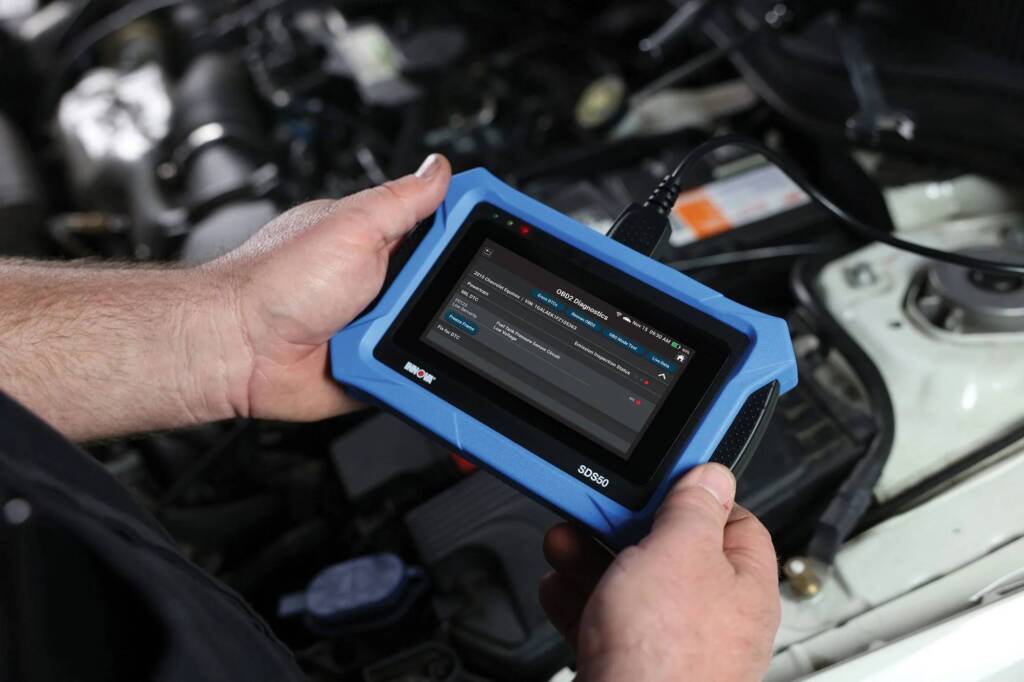refers to the maintenance and repair of mechanical components in vehicles, machinery, or equipment. Here’s a detailed overview of what mechanical services entail:
Routine Maintenance:
- Oil Changes: Regular oil changes are essential for lubricating engine components and ensuring smooth operation.
- Filter Replacements: Air, oil, fuel, and cabin filters are replaced to maintain optimal engine performance and air quality.
- Fluid Checks and Top-ups: Inspection and replenishment of fluids such as coolant, brake fluid, transmission fluid, and power steering fluid.
- Tire Rotation and Balancing: Ensures even tire wear and balanced handling characteristics.
- Battery Inspection: Checking battery health and connections to prevent unexpected failures.
Diagnostic Services
- Check Engine Light Diagnosis: Using diagnostic tools to identify the cause of warning lights and engine performance issues.
- Computer Diagnostics: Utilizing onboard diagnostic systems to analyze electronic control unit (ECU) data and pinpoint faults.
- Component Testing: Testing mechanical and electrical components for functionality and performance.
Repair and Replacement:
- Engine Repair: Diagnosis and repair of engine-related issues such as overheating, misfires, or unusual noises.
- Transmission Service: Maintenance and repair of automatic or manual transmissions to ensure smooth shifting and optimal performance.
- Brake Service: Inspection, repair, or replacement of brake components including pads, rotors, calipers, and brake lines.
- Suspension and Steering Repair: Addressing issues with shocks, struts, ball joints, tie rods, and steering components to ensure stability and handling.
- Exhaust System Repair: Repairing or replacing exhaust components to maintain proper emissions and reduce noise.
- Cooling System Service: Repairing leaks, replacing hoses, and flushing coolant to prevent overheating and engine damage.
- Electrical System Repair: Diagnosis and repair of electrical issues such as faulty wiring, fuses, switches, and sensors.
- Air Conditioning Service: Inspection, repair, or recharging of air conditioning systems for optimal cooling performance.


Preventive Maintenance Programs:
- Scheduled Maintenance: Following manufacturer-recommended service intervals to prevent premature wear and ensure long-term reliability.
- Customized Maintenance Plans: Tailoring maintenance schedules to suit specific vehicle usage patterns, environmental conditions, or performance requirements.
- Fleet Maintenance: Providing maintenance services for commercial fleets to minimize downtime and optimize vehicle performance.
Quality Assurance:
- Certified Technicians: Employing trained and certified technicians with expertise in mechanical repairs and diagnostics.
- Quality Parts: Using high-quality OEM (Original Equipment Manufacturer) or aftermarket parts to ensure reliability and performance.
- Warranty Coverage: Offering warranty coverage on parts and labor to guarantee customer satisfaction and peace of mind.
Customer Service:
- Transparent Communication: Providing clear explanations of recommended services, repair procedures, and cost estimates.
- Convenience: Offering convenient scheduling options, shuttle services, loaner vehicles, or mobile repair services.
- Customer Education: Educating customers on proper vehicle maintenance practices and preventive care to extend vehicle lifespan and minimize repair costs.
Overall, mechanical services play a crucial role in ensuring the safe and reliable operation of vehicles and machinery, helping to address issues promptly, prevent breakdowns, and maintain optimal performance. Whether it’s routine maintenance, diagnostics, or repairs, professional mechanical services are essential for vehicle owners to maintain their investments and ensure peace of mind on the road.

